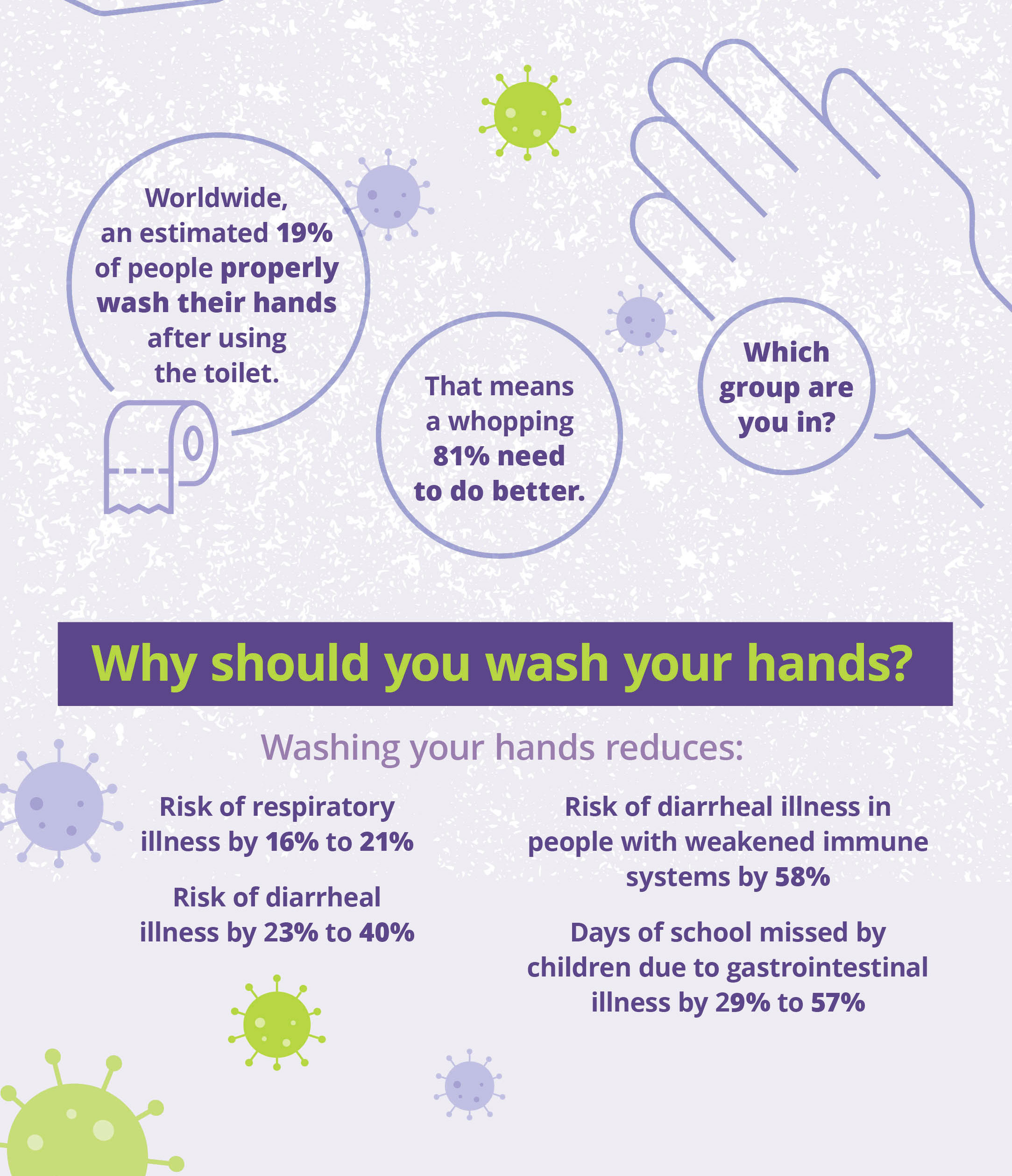World Hand Hygiene Day
5 May 2023
Hand hygiene saves millions of lives every year when performed at the right moments during health care delivery. It is also a smart investment that offers exceptional return for each dollar invested. Clean care is a sign of respect to those who seek care, and it protects health and other workers who provide that care.
Now is a critical time when countries across the world need to accelerate implementation of lessons from the COVID-19 pandemic and increase investments to close gaps in infection prevention and control (IPC), including hand hygiene. Indeed, many countries are demonstrating strong engagement and advancements in scaling-up those actions, but overall, the progress is slow, and gains are at risk.
Source : https://www.who.int/campaigns/world-hand-hygiene-day/2023




